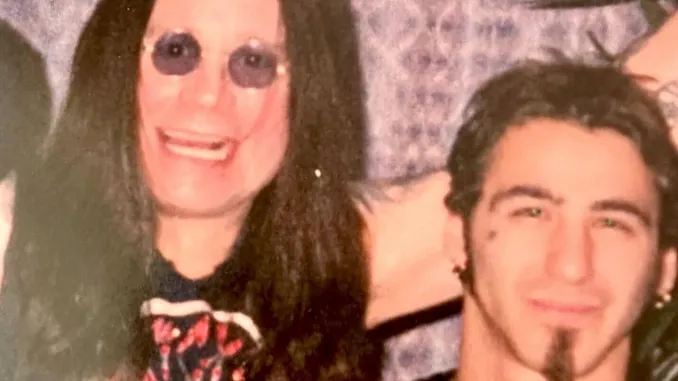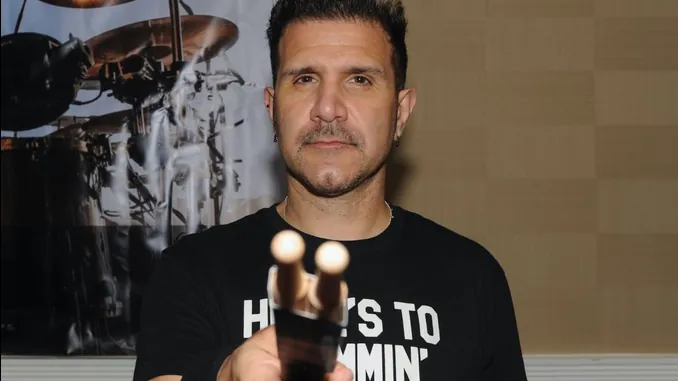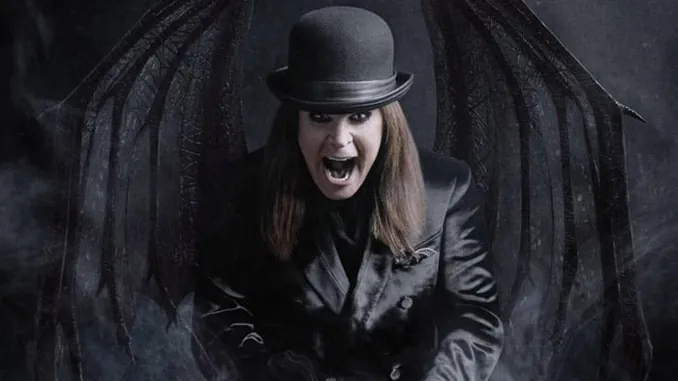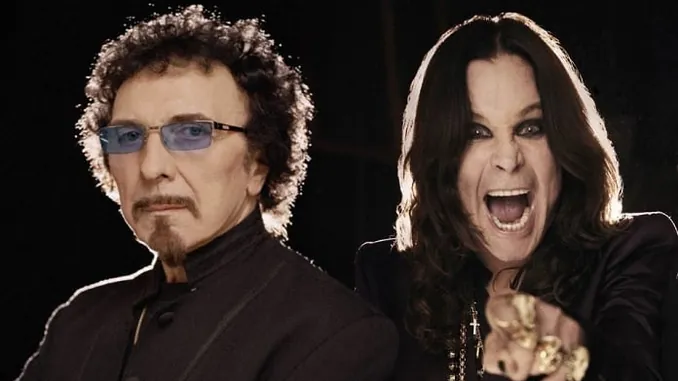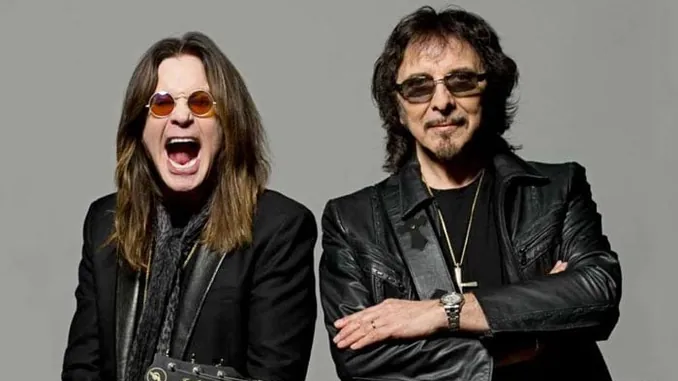The Band EDDIE VAN HALEN Believed Saved Rock ‘n’ Roll From Extinction: 'Rock Wouldn’t Exist Without Them'
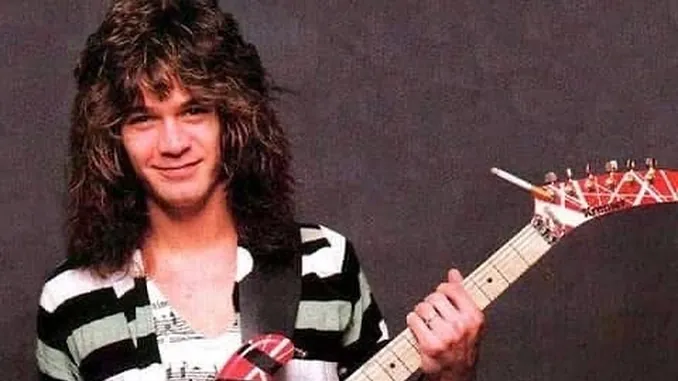
Rock music has had plenty of supposed saviors. Every few decades, someone new gets the credit for dragging the genre back from the brink. Eddie Van Halen was one of those names, but according to him, his own rise might not have happened without a much earlier band shaking things up.
In an interview for Biography (via Far Out), Eddie didn’t mince words:
Related
Black Sabbath kept rock alive after the hippie dream collapsed and the ’60s faded out. “There was nothing like them before,” he said, adding a mix of admiration and imaginary head explosions to make the point.
When the early ’70s rolled in and “peace and love” started sounding more like a hangover than a movement, Ozzy Osbourne, Tony Iommi, Geezer Butler, and Bill Ward took the blues and psychedelic sounds of the late ’60s and gave them a gloomy, thunderous overhaul.
Heavy riffs, slow-burning drums, and a horror movie vibe, that was the formula. And it hit hard. Metallica’s Kirk Hammett once said listening to Sabbath for the first time felt like “watching a horror movie with the perfect soundtrack.”
Eddie’s take? Sabbath changed the DNA of rock. Without them, he said, the genre might’ve gotten stuck in a loop of overused chords and safe choruses.
What made the difference was the riff, a musical idea Black Sabbath didn’t just use, but built around. Iommi, in Eddie’s eyes, reshaped how guitarists thought about rhythm, structure, and power.
It wasn’t about strumming along anymore. It was about building something heavy from the ground up.
And yes, Van Halen became known for wild solos and showmanship, but he always circled back to Sabbath as the real game-changer.
Eddie wrapped it all up with a line that doesn’t leave much room for argument:
“Rock today wouldn’t exist without them.”
Hard to find anyone who’d seriously try to argue with that.
Got a tip for us? Email: [email protected]
The singer says he’s invested in different musical corners and isn’t plugged into the modern metal pageant.


